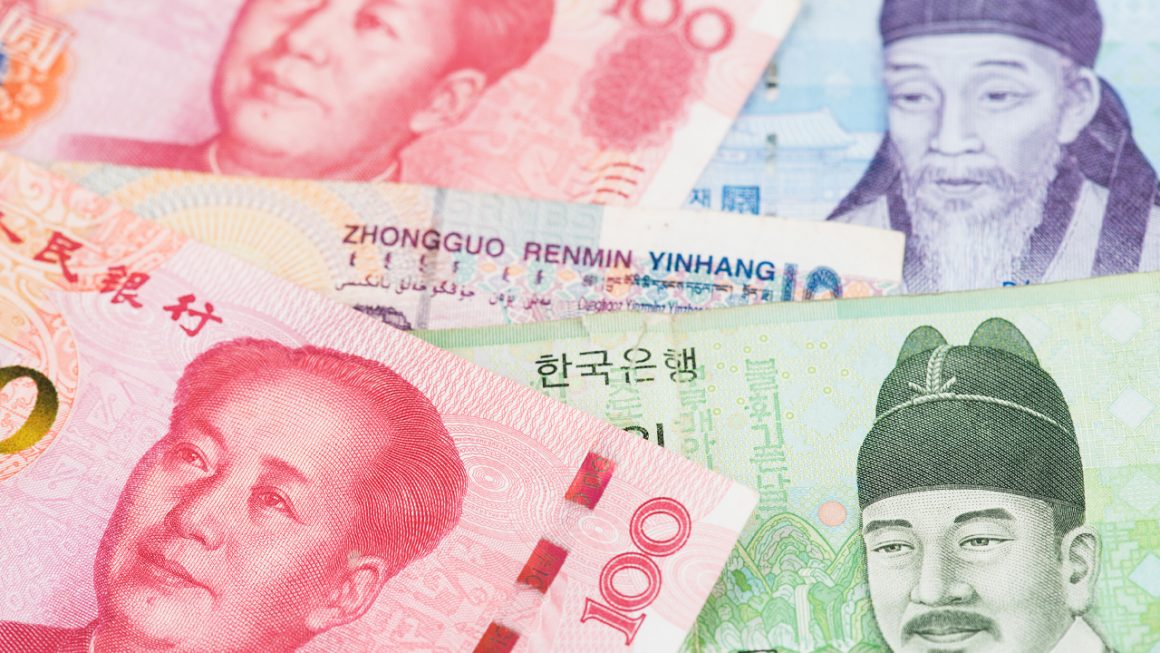Newly announced December 2022 South Korea’s “kimchi premium,” or the different valuation of cryptocurrencies on Korean exchanges compared to Western trading platforms, is strongly linked to the surge in cross-border remittances to China, according to a recent study.
A study of overseas remittances to China revealed a strong correlation with South Korea’s “kimchi premium”
South Korea’s kimchi premium It seems to be highly correlated with the inflow of remittances. Researchers note that the first instance of kimchi premium in South Korea occurred in 2016. At this time, Bitcoin was in high demand among South Korean investors, but the supply ofBTCwas limited. Kimchi Premium basically refers to the fact that the price of Bitcoin and other cryptocurrency assets is significantly higher in South Korea than on Western exchanges.
The researcher details that his team analyzed financial data on overseas remittances to China from about 1,211 foreign exchange businesses between January 2016 and May 2021. Did. says he peaked at nearly 55% before premiums stabilized. However, the premium for kimchi will rise again in the first quarter of 2021, and the authors of the study said that on May 19, 2021, the premium jumped more than 20% over prices on Western cryptocurrency trading platforms. pointing out. The authors of the research paper added:
Our findings suggest that Chinese arbitrageurs are using South Korean financial institutions as outlets for bitcoin It suggests converting cryptocurrencies to fiat when premiums are persistently high.
The authors of this study suggest that most of the premiums and increases in foreign arbitrageurs were related to events in China. It details that while China has banned cryptocurrencies, countries such as South Korea and the US have decided to regulate the industry. “Thus, Chinese arbitrageurs could only cash cryptocurrencies outside the country,” said the producer of the “Kimchi Premium” research paper.
“The paper finds that the kimchi premium is positively related to the surge in remittances to China after adjusting for key factors that directly affect them, such as stocks, bonds, foreign exchange, and the real economy. ,” argues the authors of the paper. The authors further argue that the findings show the complexity of the global cryptocurrency market and the need for international standards and common regulations to protect investors. The paper claims that South Korea has been “targeted by crypto arbitrage traders who take advantage of excess demand.”
South Korea Bitcoin Premium in 2023
Kimchi Premium Continues To Today, At 9pm Eastern Time As Of January 9, 2023 South Korea’s Top Cryptocurrency Exchange The price of Bitcoin (BTC) on Upbit and Bithumb, two of which were around $17,427 to $17,437 per unit. But at the same time, using the global average from coinmarketcap.com, the price of BTC on Western exchanges was $17,205 per coin. This means that an arbitrage trader who swapsBTC can get a premium of around 1.35% on Korean exchanges, and compared to Western exchanges, Ethereum (ETH) has a price difference as well. to the value on Korean exchanges. High premiums of
BTC are also regularly occurring in the Japanese cryptocurrency exchange market. Bitcoin premiums have also been observed in countries such as Thailand, Hong Kong, Brazil, Malaysia, the Philippines, and Chile. Moreover, before the ban on face-to-face trading on the trading platform LocalBitcoins, arbitrage opportunities were readily available. Although the trend is decreasing depending on the country or region’s bitcoin liquidity, foreign arbitrageurs can still benefit from exchanging funds between the two locations.
47} What are your thoughts on studies on South Korean kimchi premiums and findings that suggest they are linked to China’s remittances? Let us know what you think.
Image Credits: Shutterstock, Pixabay, Wiki Commons

